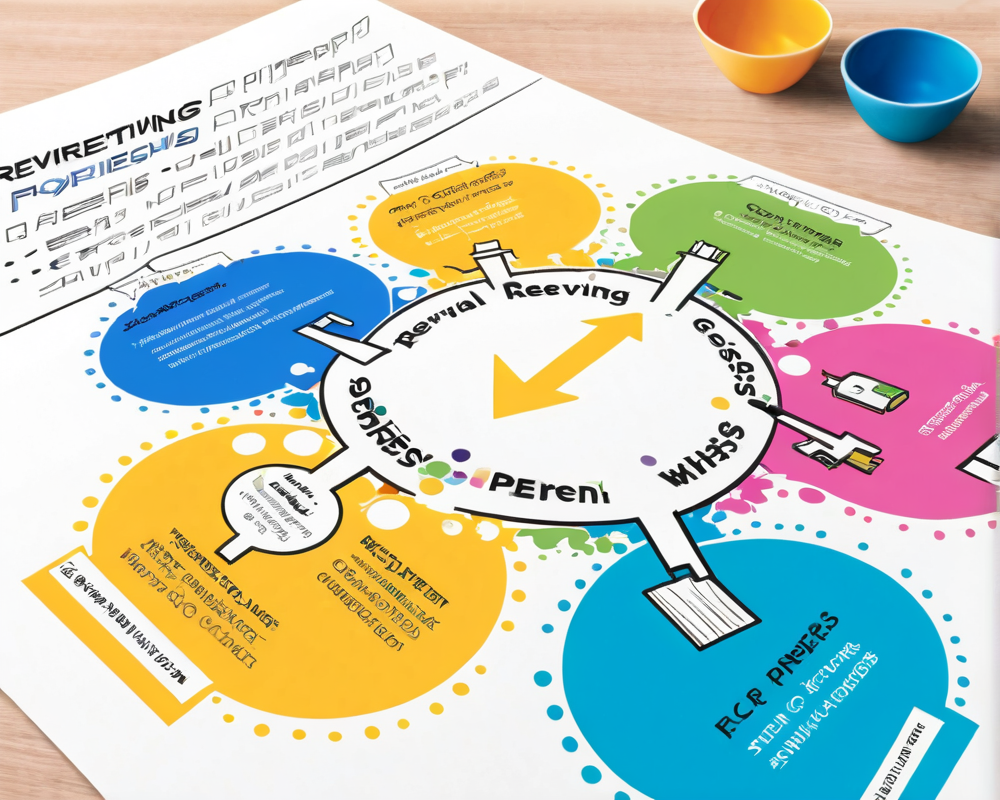A Glimpse into General Partnerships
General partnerships, with their origins dating back to 1890 in England, seem like that classic rock band that faded into obscurity—but hold onto your hats, folks! With the rise of e-commerce, cryptocurrencies, and global crowdsourcing, they might just have their encore performance. This type of company skips the tedious incorporation dance and dives straight into the groove with a partnership agreement.
Why Bother with Incorporation?
If you’ve ever attempted to navigate the red tape of incorporation, you know it feels like trying to wade through molasses. Sure, some jurisdictions have made it less cumbersome, but for foreigners, it’s like being handed a map to a treasure that doesn’t exist. Need a CEO? Better hire a local. Want to open a bank account? You’ll have to hop on a plane first. Fun, right?
General Partnerships: The Entrepreneur’s Friend
Picture this: you and your business partner decide to start a venture, but you want to keep costs low while keeping things flexible. Enter the general partnership! Here’s why it might just be your business fairy godmother:
- No need to hassle with registration.
- Define your objectives and share your profits—no strings attached!
- Work with anyone you fancy—individuals or other businesses.
- Dodging administrative fees like a ninja.
- No corporate taxes—because, let’s be honest, nobody likes paying those.
- Perfect for partners who are scattered like confetti around the globe.
Comparing the Costs: General Partnerships vs. Legal Entities
Now let’s play the numbers game. Sure, starting a legal entity offers its perks, but not without a hefty price tag. Here are some costs that might give you indigestion:
- Incorporation fees: A whopping $1,000–$5,000 on average!
- Ongoing legal support fees.
- Charter capital payments—always a drag.
- Rent for a legal address (because who doesn’t want to pay for an invisible office?).
- Managerial salaries and accountant fees every month.
Choosing Your Playground: Jurisdiction Matters
Ah, the jurisdiction maze. It’s like a game of chess where the rules change every time you make a move. Not all countries have the same approach to general partnerships. For example, in some European territories, general partnerships are treated like that mysterious obscure cousin at family reunions—not even acknowledged as a business organization!
“If the Partnership trades in the UK, then it will need to be registered with HMRC once it hits that magical £50,000 VAT threshold.” – Simon Fagan, Solicitor Advocate
Wrapping It Up
In summary, general partnerships hold a treasure trove of possibilities for entrepreneurs looking to step into the business world without drowning in bureaucratic nightmares. As we pave the way into a world filled with cryptocurrencies and global audiences, these partnerships serve as a flexible and cost-effective solution. When the time is right and business prospects flourish, partners can easily make the leap to a more traditional business structure. Stay tuned for part two of our series, where we dig even deeper into the legal nuances of this fascinating business form!




